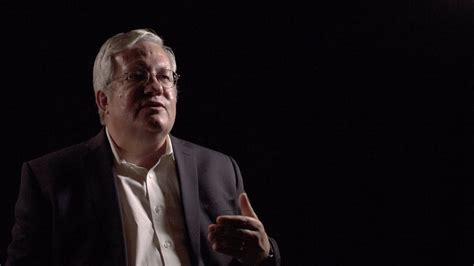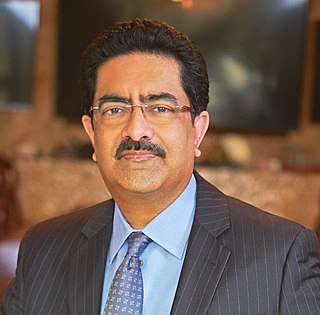A Quote by Kalle Lasn
Overconsumption is the mother of all environmental problems. For the first time in the history of capitalism, consumption itself has become controversial.
Related Quotes
We must alert and organise the world's people to pressure world leaders to take specific steps to solve the two root causes of our environmental crises - exploding population growth and wasteful consumption of irreplaceable resources. Overconsumption and overpopulation underlie every environmental problem we face today.
It was only in the late nineteenth century and then the twentieth century, with the maturation of consumer capitalism, that a shift was made toward the cultivation of unbounded desire. We must appreciate this to realize that late modern consumption, consumption as we now know it, is not fundamentally about materialism or the consumption of physical goods. Affluence and consumer-oriented capitalism have moved us well beyond the undeniable efficiencies and benefits of refrigeration and indoor plumbing.
We've now become conscious of the uncalculated social, economic, and environmental costs of that kind of "unconscious" capitalism. And many are beginning to practice a form of "conscious capitalism," which involves integrity and higher standards, and in which companies are responsible not just to shareholders, but also to employees, consumers, suppliers, and communities. Some call it "stakeholder capitalism."
What worries some people about consumption (and I confess at the outset to be one of these ambivalent creatures, fat but troubled in paradise) is that the affluent, technologically advanced West seems more and more focused not on consuming to live but living to consume. The problem with consumption, and the consumer capitalism that has pushed it to feverish historical extremes, is that it has become so all-consuming.
Everyday I become more convinced, there is no doubt in my mind, and as many intellectuals have said, that it is necessary to transcend capitalism. But capitalism can't be transcended from with capitalism itself, but through socialism, true socialism, with equality and justice. I'm also convinced that it is possible to do it under democracy, but not in the type of democracy being imposed by Washington.
The illusion that consumption - and its correlative, income - is desirable probably stems from too great preoccupation with what Knight calls "one-use goods," such as food and fuel, where the utilization and consumption of the good are tightly bound together in a single act or event. ... any economy in the consumption of fuel that enables us to maintain warmth or to generate power with lessened consumption again leaves us better off. ... there is no great value in consumption itself.



































